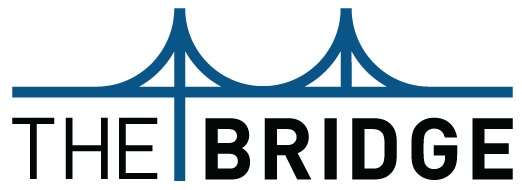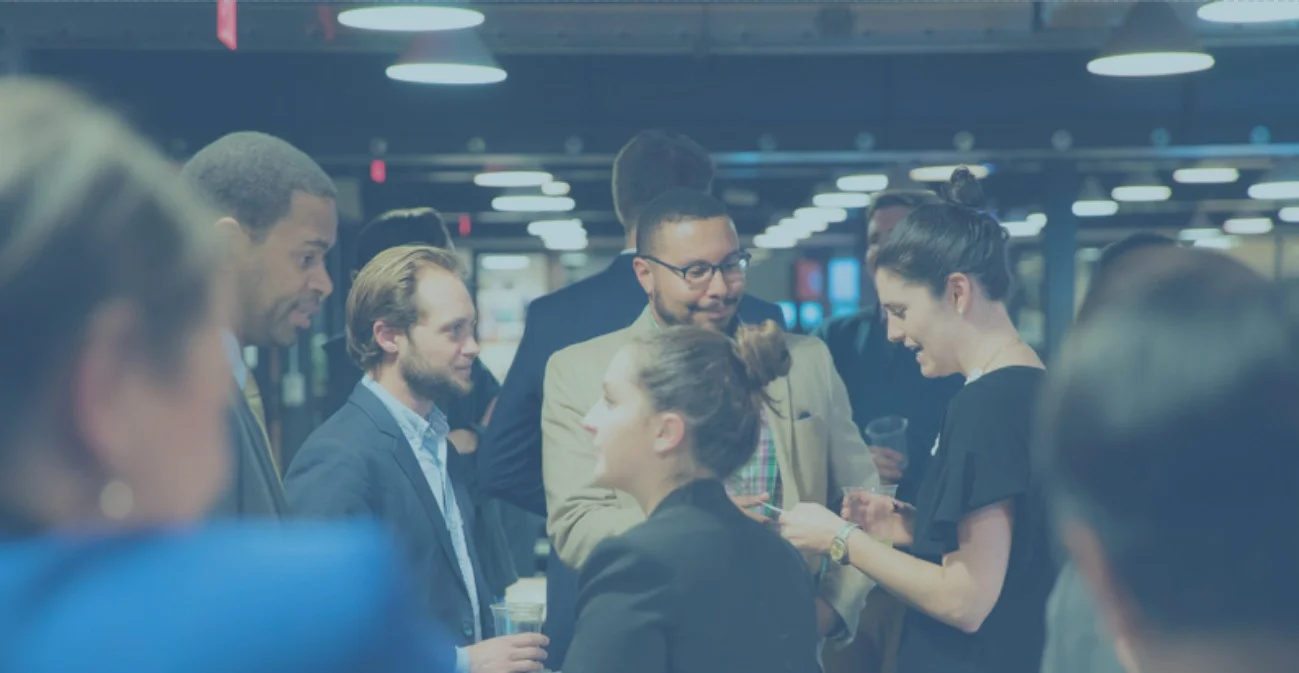TheBridge profile: Daniel Dobrygowski
Name: Daniel Dobrygowski
Current city: New York, NY
Current job: Head of Governance and Trust, World Economic Forum
Past job: Lawyer at WilmerHale & Jones Day; Voter Advocate for Obama '12; Teacher at Teach for America in Paterson, NJ
Q. Job advice in three words? Never stop learning
Q. How are you (or your org) currently bridging the gap between politics and tech / innovation and regulation? I helped found the Centre for Cybersecurity here at the World Economic Forum. We're focussed on bridging the significant gaps between strategic or policy thinking on the one side, and technical knowledge on the other as well as the gaps that exist between government actors and businesses. While we try to drive the field of technology risk governance forward, like a think tank, at our heart, we're a convening organization. So every day, we bring together leaders, from business, government, academia, and beyond to work with us and each other to understand cyber risk, define incentives for trustworthy technology, and improve the state of our digital world.
Q. What can innovators learn from policymakers? How to think broadly. Policymakers have to think about the impact on society as a whole, not just quarterly returns. The best policy is made when leaders listen to all stakeholders and that broader mindset would go a long way toward innovators developing safer, more trustworthy, and more equally available tech.
Q. What can policymakers learn from innovators? How to think ahead. The most successful innovators I've met are always thinking about what the future will look like, not just next year, but next decade and beyond. If policymaking can sometimes look like inefficient crisis control, it's because we didn't spend enough time considering how things might change over a longer timeline.
Q. Favorite spot for a coffee meeting? Someplace quiet.
Q. Describe how a skill you learned in a previous job helped you in your current job. Everyone wants to learn, so being able to teach is an immensely powerful skill. If you have the ability to explain concepts clearly and effectively you can build up other people and bring together coalitions around shared goals. When I was a high school teacher, I spend every day thinking about how I could help my students understand new ideas and, even more importantly, how to learn and think for themselves. This constant reflection - about what I know, how I'm communicating, how people learn best - has served me well in the courtroom and in my current work bringing together world leaders to cooperate on cyber risk and tech governance issues.
Q. Favorite book that you recommend? I read Rawls' "A Theory of Justice" and "Justice as Fairness" a long time ago and when I think about what's fair and what's right, or about how we've ordered society versus how we should have, a lot of what he says comes back to me. I think it really shaped my outlook and work pretty significantly.
Q. Looking back, what advice would you give yourself in the beginning of your career? Ask more questions and find a mentor - you don't have to do everything yourself and people want to help!
Q. Most underrated virtue in an employee? The ability to set boundaries and take care of her/himself. Employers need to recognize that it's not ok to burn out your employees and employees who are able to practice self-care, and take the time to do it, should be models for everyone.
Q. What's one piece of advice you are still trying to master? "Put on your own mask first before assisting others.” - You can't help others for very long if you don't take care of yourself first.
Q. Everyday is probably different, but can you describe a "day in the life" of your job? This varies really significantly. One day, I might be entirely devoted to research or writing, then another might be spent (or was pre-covid) running around conference rooms helping organize a huge meeting or event and ending up in unexpected conversations with the people I only used to see on the covers of WSJ or NYT.
Q. Morning routine? Wake up, check the weather. Make breakfast for my family and take our son to school. Spend the rest of the time catching up on what my colleagues and team in Geneva have been doing for the past six hours.
We include leaders spotlights in out bi-weekly updates sent to the community. Sign up to stay up to date with events, people, jobs, info in tech, policy and politics:


